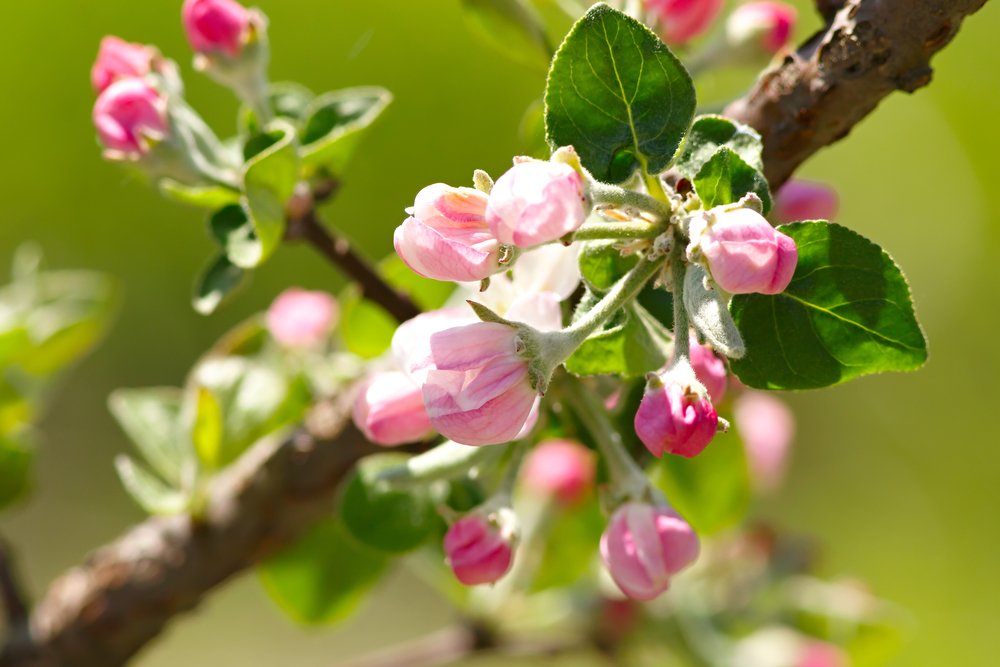When fruit tree care involves figuring out why you’re not getting any fruit, it can be frustrating.
Maybe part of the reason you fell in love with your home was because of those promising fruit trees out back, and you’ve had visions of yard-to-table apple and peach pies. Or perhaps you spent a pretty penny buying mature fruit trees and caring for them, only to be rewarded with nothing edible.
Fruit trees stop bearing fruit for many reasons, and it’s time to get to the root of the problem.
Fruit trees are programmed to bear fruit; it’s their sole purpose. First they make leaves, then flowers, then fruits, and they repeat this cycle indefinitely. Usually absence of fruit is environmental, and sometimes the sheer age of the tree can cause problems.
Fruit trees need between two and five years before they can bloom well enough to produce, so if your tree is newer and hasn’t borne fruit yet, patience is key. The condition of the soil is also paramount, and insects or diseases can stop production as well.
Happy Trees Make Fruit
Test your soil to ensure you’re not missing any vital nutrients. This is common and can be fixed easily with fertilizer and care.
Insects and diseases aren’t always obvious to the naked eye, so having an arborist examine the tree can reveal a hidden problem. However, remember that trees are far from powerless. A healthy tree is capable of fighting off many diseases and insects all while bearing fruit.
Knowing what kind of soil you have is key to understanding your tree’s needs. Sometimes an overzealous homeowner will try to adjust the soil when it’s perfectly healthy for tree growth. Having good soil is common in Utah, and simply backfilling it with more good soil that’s dark brown and loose enough to promote growth is a basic and effective approach to fixing the problem.
Soiling Your Plans
Some soil does need to be amended, including any that is full of gravel or sand. But even with little topsoil, sometimes native plants can grow in these environments. You may or may not need peat moss, fertilizer or compost.
Backfill holes with some rotted manure/compost if you want to give your new fruit trees a little kick. This certainly won’t do any harm. Giving your fruit trees their best chances from the start, which includes understanding your soil and only amending it when necessary, is ideal but not always feasible.
For homeowners with fruit trees that seem to be slowing down production or stopping altogether, this problem is likely fixable. Just don’t do more harm than good trying to figure out what your tree needs! Contact Reliable Tree Care and have an expert take a look at your fruit tree care strategies, and we can come up with a solution together.

